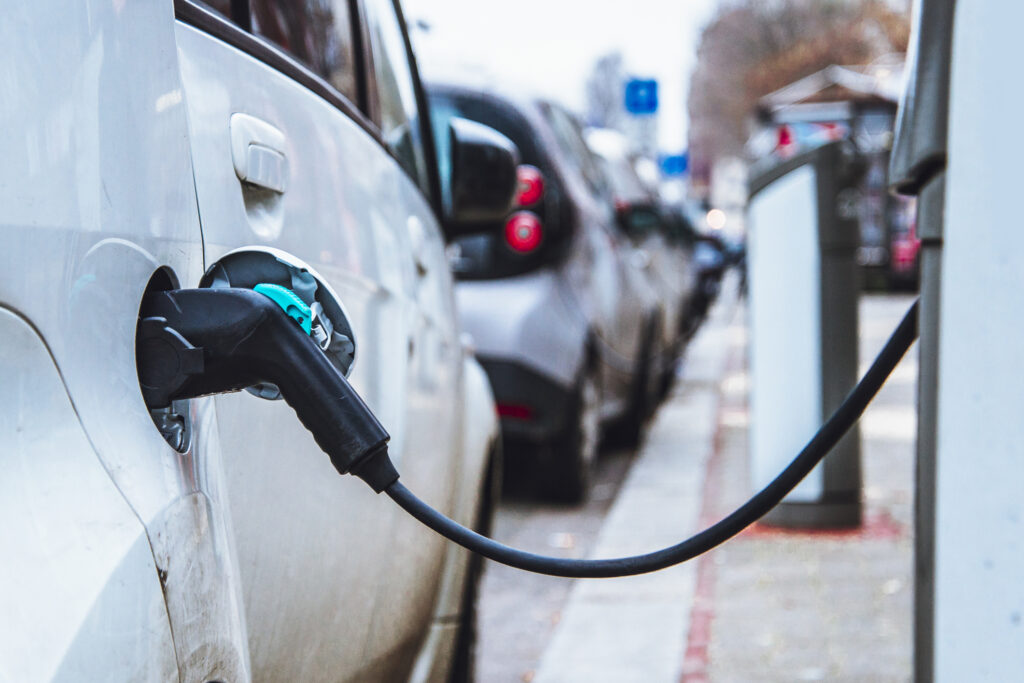Kaluza and Bosch have successfully proven that electric vehicles (EVs) can be smart charged to meet the needs of the local grid via direct connection, by using a digital platform.
The intelligent energy platform and the supplier of charging services combined their digital architecture, using it to remotely control the charge times of an EV in a recent trial. They were able to charge the vehicle when it was cheapest and greenest in a simulated grid ‘turndown’ scenario.
If scaled, the direct-to-car technology could reduce the dependency on separate smart charging hardware, with the direct control capability increasing the availability of smart charging globally. Additionally, it bypasses some of the compatibility challenges currently experienced.
This smart charging trial showed the opportunity available for energy retailers to provide new, green services to customers at a lower cost, according to Kaluza. The technology could reduce energy costs, and allow future customers to ensure their EV is always ready to drive the distance required thanks to smart charging automatically working around user settings and vehicle data.
Conor Maher-McWilliams, head of Flexibility at Kaluza said together the companies were “breaking new ground” in unlocking the flexible potential of EVs.
“In the race to decarbonise, there is a window of opportunity to make smart charging mainstream that we cannot afford to miss. Direct-to-car smart charging offers suppliers and grid operators greater access to EV’s inherent flexibility more quickly, and stands to enhance existing solutions involving chargers.”
Along with the success of this trial, Kaluza – the energy platform from supplier OVO – celebrated a major milestone in August when it added EV smart charging and vehicle-to-grid to the flexibility service it provides to Western Power Distribution. This too helped demonstrate the potential for EVs to play a role in securing the grid.






